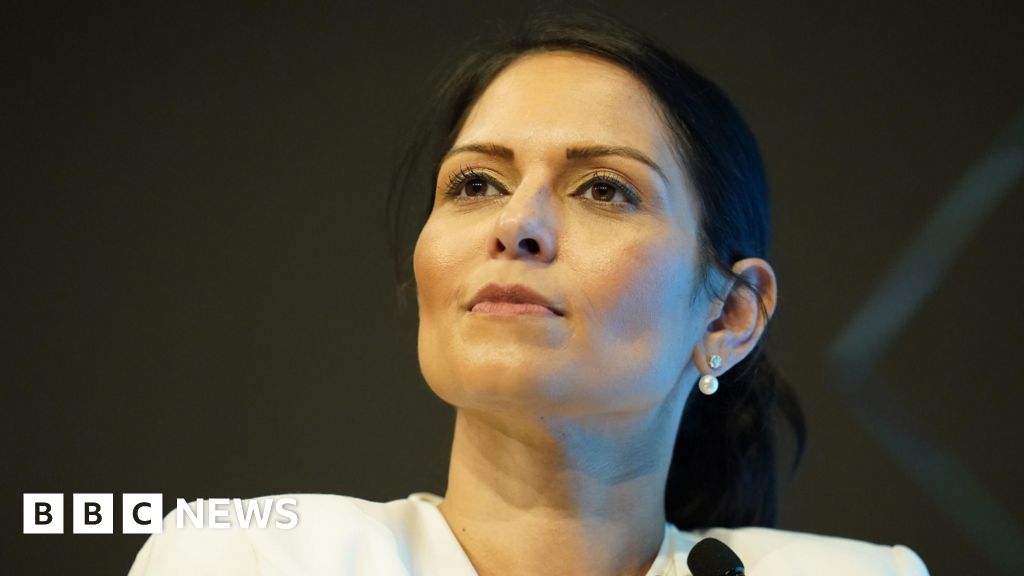
The UK government is facing mounting pressure to clarify its stance on potential military action against Iran, as Conservative shadow foreign secretary Dame Priti Patel urges support for the United States. The call comes amid heightened tensions in the Middle East, with Israel conducting strikes purportedly aimed at curbing Iran’s nuclear capabilities.
According to reports, the UK’s top legal adviser, Lord Hermer, has expressed concerns that UK involvement could breach international law. Despite this, CBS, a US media partner of the BBC, has suggested that Lord Hermer has already approved preliminary attack plans, although a final decision has yet to be made.
Political Divisions and Legal Implications
Dame Priti Patel argues that the UK should not “hide behind legal advice” in times of crisis, emphasizing the need to support allies like the US and Israel. She stated on BBC Breakfast that the UK should be prepared to assist the US, potentially through the use of military bases or refueling aircraft.
However, the call for action is not without opposition. Liberal Democrat leader Sir Ed Davey has demanded transparency, urging the government to publish any legal advice it receives. “The last thing we need is for the UK to be dragged into another illegal war in the Middle East by the US,” he warned.
International Dynamics and Historical Context
Foreign Secretary David Lammy has traveled to Washington to discuss the situation with US counterpart Marco Rubio. This diplomatic engagement follows President Donald Trump’s consideration of joining Israeli strikes against Iran, a decision that remains undecided.
Israel justifies its military actions by citing Iran’s nuclear program as an “imminent” threat, although Tehran insists its nuclear ambitions are peaceful. This conflict echoes past confrontations, such as the UK’s involvement in defending Israel from Iranian missile and drone attacks last year.
Expert Opinions and Strategic Considerations
Experts warn that any military engagement with Iran could have significant geopolitical repercussions. Dr. Jane Kinninmont, a Middle East analyst, notes that “the complexity of the region means that any intervention could escalate quickly, drawing in multiple state and non-state actors.”
“The convention provides the fullest guarantee that government business will be conducted at all times in light of thorough and candid legal advice.” — Attorney General’s office
The Attorney General’s office has reiterated that legal advice is not routinely disclosed, emphasizing the importance of confidentiality to ensure comprehensive government decision-making.
Future Implications and Strategic Choices
The situation presents a challenging decision for the UK government, balancing legal, ethical, and strategic considerations. Dame Priti Patel’s call for action underscores the urgency felt by some political figures, while others caution against hasty decisions that could lead to unintended consequences.
As the UK navigates these complex dynamics, the international community watches closely. The potential for military involvement in Iran poses not only immediate risks but also long-term implications for regional stability and global diplomatic relations.
The coming days will likely see intensified discussions both within the UK government and with international allies, as leaders weigh the potential costs and benefits of supporting US actions against Iran.





